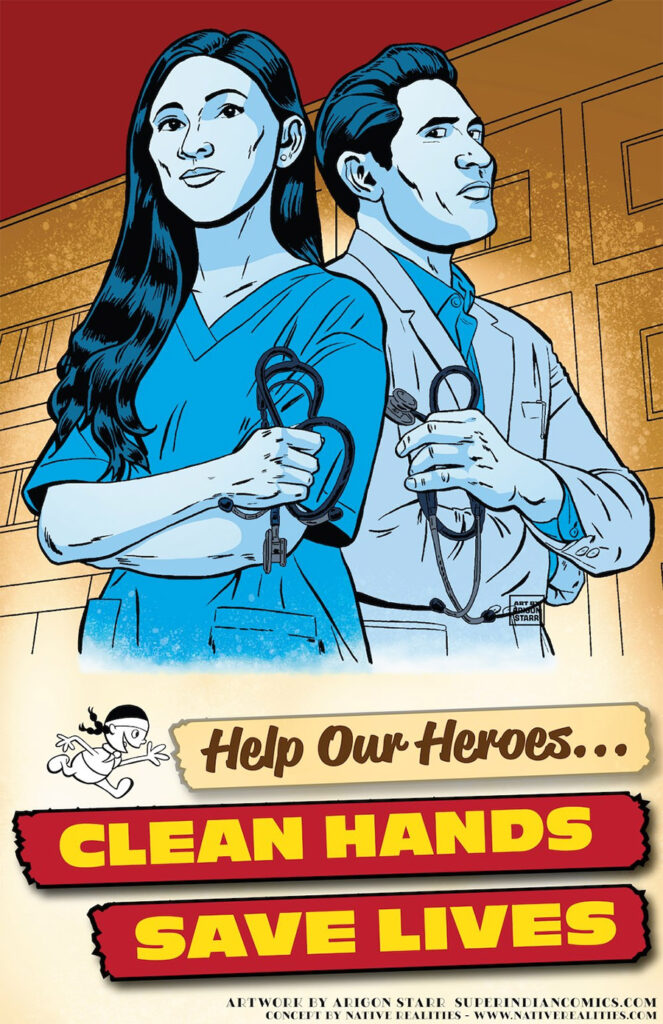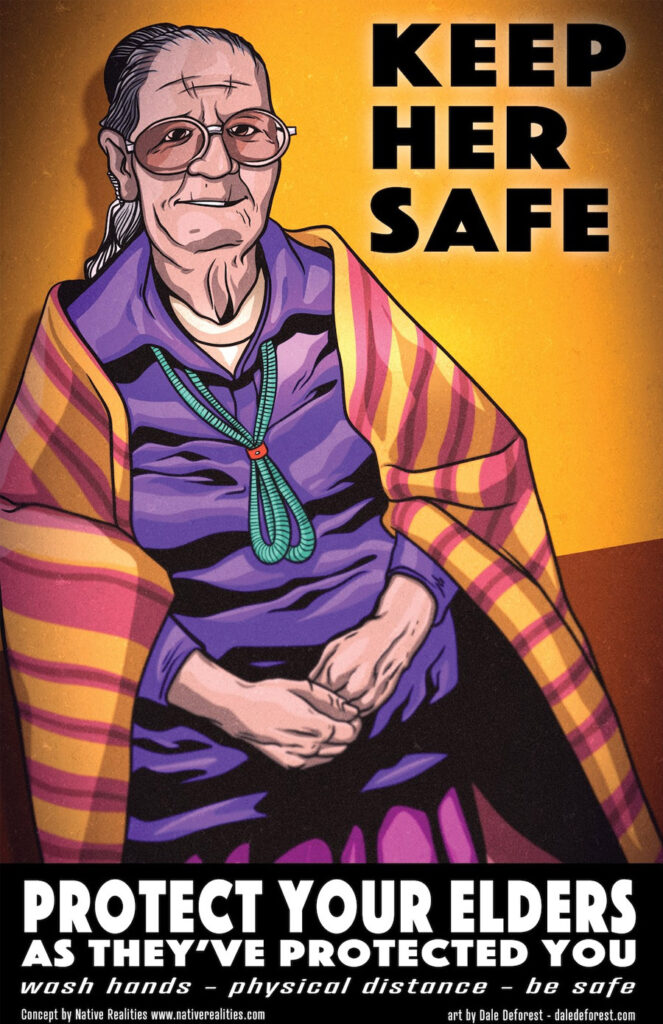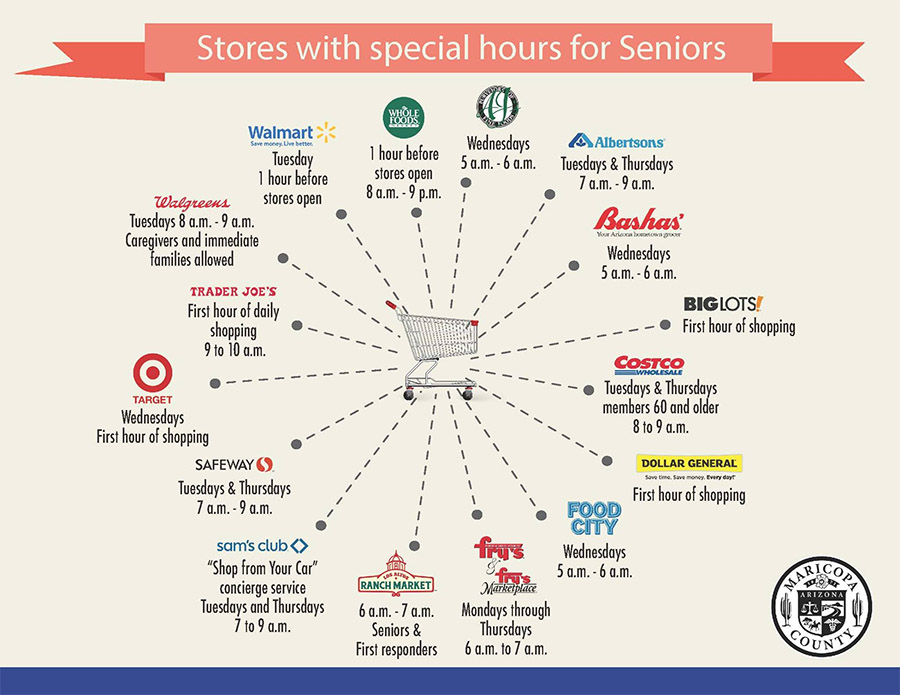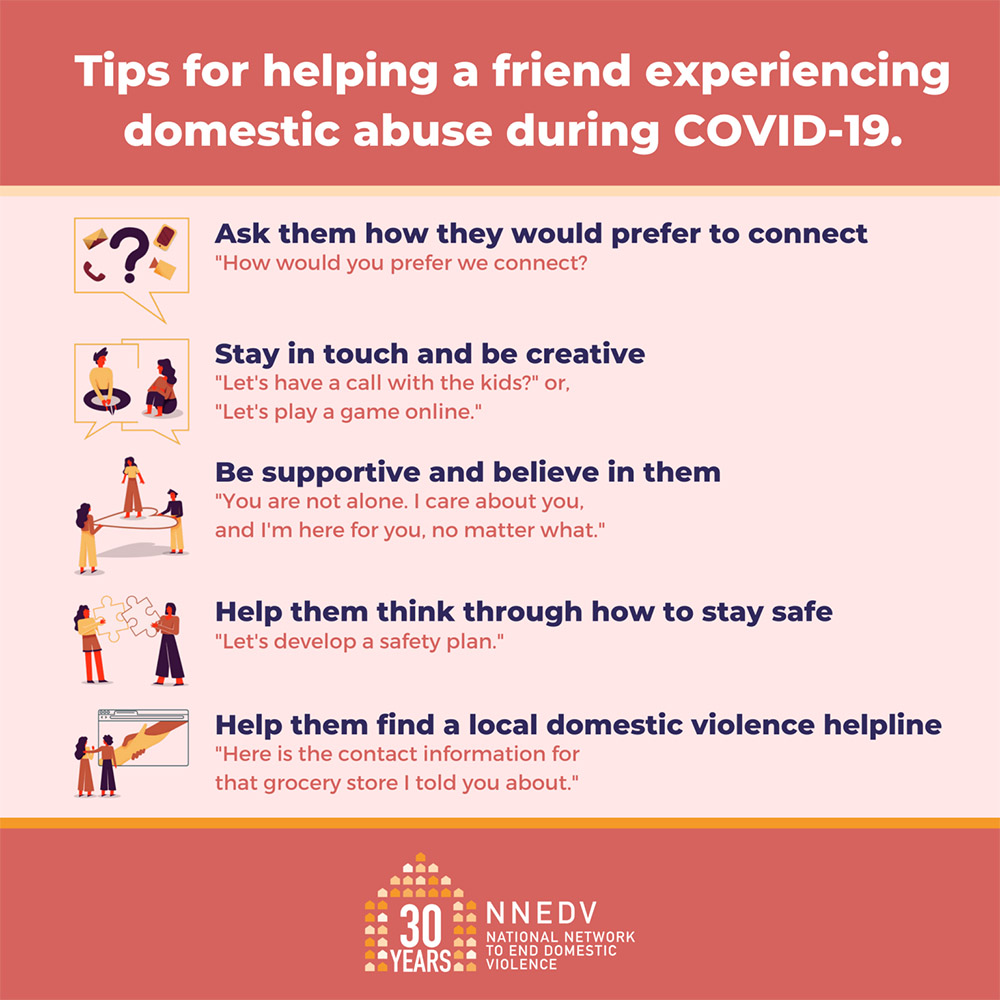HELPFUL RESOURCES TO GET HELP
Domestic Violence
Domestic Violence
Native women face domestic violence at a rate of 2.5 times higher than any other group.
- What is Domestic Violence?
- Hotlines for domestic violence
- Shelters for Domestic Violence
Native women face domestic violence at a rate of 2.5 times higher than any other group.
What is Domestic Violence? Domestic violence is the willful intimidation, physical assault, battery, sexual assault, and/or other abusive behavior as part of a systematic pattern of power and control perpetrated by one intimate partner against another.
- Download SWIWC’s Domestic Violence Fact Sheet: Domestic Violence
- How to Support a Loved One in an Abusive Relationship visit: StrongHearts
- What to Say to a Survivor? ACESDV
- Create a Safety Plan visit: StrongHearts
- How the Criminal Justice System works, overview: Steps in Criminal Case
- To view Tribal Protection Order Resources, visit: Tribal Protection Order
- View SWIWC Webinar: Supporting Children in the Aftermath of Domestic Violence (Part 1)
Hotlines for domestic violence
- StrongHearts Native Helpline | 1-844-7NATIVE (762-8483) | 24/7 Chat line
- National Domestic Violence Hotline | 1-800-799-SAFE (7233) TTY: 1-800-787-3224 | Chat line
- Arizona Sexual and Domestic Violence Helpline | PH: 602-279-2900 Toll Free: 1-800-782-6400 | SMT Text: 520-720-3383
Tribal Shelter/Safe Homes
- Ama Doo Alchini Bighan, Inc (provides safe homes) | Chinle, Arizona | PH: (928) 674-8314 or (928) 674-8309 Toll Free: (877) 698-0899
- Hualapai Domestic Violence Prevention Program – Hualapai Tribe – Peach Springs, AZ | PH: (928) 769-2269
- Mt. Graham Safe House, Inc – Safford, AZ | PH: (928)-348-9104 | Crisis Line: (888) 269-9104
- On Eagles Wings – Gila River Indian Community | PH: (520) 562-2740 | Crisis Line: (855)-203-5849
- Tohdenansshai Committee Against Family Abuse – Kayenta, AZ | PH: (928) 697-3635 | Crisis Line: (928) 697-8591
- White Mountain SAFE House | 24-hour crisis line: (520) 892-5852 | Crisis Line: (800)-224-1315
Shelter in Phoenix and/or to look for a shelter near you
- Phoenix Metropolitan area: SAFE DV Services | PH: 480-890-3039
To connect to a Victim Advocate
- Tribal Advocates
- Arizona United States Attorney Victim Specialist | PH: 1-800-800-2570
- Bureau of Indian Affairs Victim Specialist | PH: 602-317-0310
- Federal Bureau of Investigations Victim Specialist |PH: 877-236-8947
Sexual Violence
Sexual Violence
1 in 3 Native women is sexually assaulted.
- What is sexual violence?
- Hotlines/Helplines for sexual violence
- Other resources for sexual violence
- SANE/SART in Tribal Communities
1 in 3 Native women is sexually assaulted.
What is sexual violence? Sexual violence means that someone forces or manipulates someone else into unwanted sexual activity without their consent. Reasons someone might not consent include fear, age, illness, disability, and/or influence of alcohol or other drugs. Anyone can experience sexual violence including children, teens, adults, and elders. Those who sexually abuse can be acquaintances, family members, trusted individuals or strangers. *NSVRC.org
- Download SWIWC’s Sexual Assault Fact Sheet: Sexual Assault
- What to Say: Start by Believing
- Survivors Options: Getting Help
- What is Consent: Consent
- View SWIWC Webinar: The Impact of Sexual Violence on Men and Boys
Hotlines/Helplines for sexual violence
- StrongHearts Native Helpline | 1-844-7NATIVE (762-8483) | 24/7 Chat line
- The National Indian Country Clearinghouse on Sexual Assault – NICCSA
- National Sexual Assault Hotline | 1-800-656-HOPE
- Arizona Sexual and Domestic Violence Helpline | PH: 602-279-2900 Toll Free: 1-800-782-6400 | SMT Text: 520-720-3383
- AskAZ.org – Get immediate access to the information needed most in the event of a sexual assault in Arizona
Other resources for sexual violence
- Rape, Abuse, Incest national Network (RAINN) | PH: 1-800-656-HOPE (4673)
- Start by Believing
SANE/SART in Tribal Communities
- Chinle Comprehensive Health Care Facility | PH: 928-674-7001
- Tsehootsooi Medical Center – Fort Defiance Indian Hospital | 928-729-8600
- Hopi Health Care Center | PH: 928-775-0669
- Tuba City Regional Health Care Corporation | PH: 928-607-9089
Stalking
Stalking
- Hotlines/Helplines for stalking
- Resource for Stalking in Indian Country
1 in 4 women age 18-24 have been stalked online | Nearly 1/3 of stalkers have stalked before
Stalking is a pattern of repeated and unwanted attention, harassment, contact, or any other course of conduct directed at a specific person that would cause a reasonable person to feel fear. Stalking and pressure to know where you are all the time is just NOT healthy Love. Stalking is serious, often violence, and can escalate over time. Stalking is unpredictable and dangerous. No two stalking situations are alike. There are no guarantee that what works for one person will work for another, yet you can take steps to increase your safety.
Hotlines/Helplines for stalking:
- StrongHearts Native Helpline | 1-844-7NATIVE (762-8483) | 24/7 Chat line
- The National Indian Country Clearinghouse on Sexual Assault – NICCSA
- National Domestic Violence Hotline | 1-800-799-SAFE (7233) TTY: 1-800-787-3224 | Chat line
- National Sexual Assault Hotline | 1-800-656-HOPE
- Arizona Sexual and Domestic Violence Helpline | PH: 602-279-2900 Toll Free: 1-800-782-6400 | SMT Text: 520-720-3383
Resource for Stalking in Indian Country
Teen Dating Violence
Teen Dating Violence
- Helpline for Teens
- Resources for Teens
More than 40% of Native children experience two or more acts of violence by the age of 18.
Teen dating violence is relationship abuse that takes place between teens and young adults. Dating violence is defined when one dating partner uses a pattern of abusive behavior or mistreatment toward their partner to manipulate or control them. *StrongHearts Native Helpline
- Reaching out for help visit: Reach Out
- Abusive red flags: Red flags
- The Relationship Spectrum: StrongHearts
- Healthy Love: NIWRC
- Download a Teen Power and Control Wheel
Helpline for Teens
- National Teen Dating Violence Helpline: 1-866-331-9474
Resources for Teens
Sex Trafficking
Sex Trafficking
- What is Sex Trafficking?
- Hotlines for Sex Trafficking
- Resources for Sex Trafficking
Native Americans are victimized by human trafficking at rates higher than that of the general population.
In a study conducted at four sites in the United States and Canada, an average of 40% of women involved in sex trafficking identified as an American Indian/Alaska Native or First Nations. *humantrafficking.org
What is Sex Trafficking? The recruitment, harboring, transportation, provision, obtaining, patronizing, soliciting, or advertising of a person for a commercial sex act, in which a commercial sex act is induced by force, fraud, or coercion, or in which the person induced to perform such an act has not attained 18 years of age.
Hotlines for Sex Trafficking
- StrongHearts Native Helpline | 1-844-7NATIVE (762-8483) | 24/7 Chat line
- The National Indian Country Clearinghouse on Sexual Assault – NICCSA
- National Domestic Violence Hotline | 1-800-799-SAFE (7233) TTY: 1-800-787-3224 | Chat line
- National Sexual Assault Hotline | 1-800-656-HOPE
- National Human Trafficking Hotline: 1-888-373-7888
Resources for Sex Trafficking
- Tribal Sex Trafficking Resources
- Sex Trafficking in Indian Country: Victim/Survivor Resource Book
- HumanTraffickingsearch.org
- Colonization, Homelessness, and the Prostitution and Sex Trafficking of Native Women
- Coming Together to Address Human Trafficking in Native Communities (webinar)
- Human Trafficking Power & Control Wheel – NIWRC
- Human Trafficking of Children in the United States a Fact Sheet for Schools
- Creating a Human Trafficking Strategic Plan to Protect and Heal Native Children and Youth – National Council of Juvenile and Family Court Judges (NCJFCJ)
- Garden of Truth: The Prostitution and Trafficking of Native Women in Minnesota
Missing and Murdered Indigenous Women & Girls (MMIWG)
Missing and Murdered Indigenous Women and Girls (MMIWG)
- MMIWG Database of Response Contacts
- Hotlines
- Resource for MMIWG
Murder is the third-leading cause of death among American Indian/Alaska Native Women.
May 5th is recognized nationally among our Indigenous Nations as the National Day of Awareness for Missing and Murdered Indigenous Women and Girls (MMIWG). Across Indian Country, we stand in solidarity and honor and commemorate our missing. In particular, we remember Hannah Harris, a member of the Northern Cheyenne Tribe, who went missing on July 4, 2013 and later her body was found. She was 21 years old. May 5th was her birthday, and it is on this day that we honor her and so many others.
MMIWG Database of Response Contacts – Your missing loved one’s location and tribal affiliation will determine who to call and how to get help. The MMIWG Database of Contacts offers contact information for federal and state authorities, as well as victims’ services programs and other family resources when responding to a case of a missing Native woman.
Hotlines
- StrongHearts Native Helpline | 1-844-7NATIVE (762-8483) | 24/7 Chat line
- The National Indian Country Clearinghouse on Sexual Assault – NICCSA
- National Domestic Violence Hotline | 1-800-799-SAFE (7233) TTY: 1-800-787-3224 | Chat line
- National Sexual Assault Hotline | 1-800-656-HOPE
Resource for MMIWG
- When a Loved One Goes Missing – Understanding and Responding to the Crisis of Missing and Murdered Indigenous Women
- MMIW Toolkit for Families and Communities
- Missing Person Flyer (Template)
- Jurisdiction and Crime Victims’ Rights
- Missing and Murdered Indigenous Women and Girls – A snapshot of data from 71 urban cities in the United States.
- SWIWC honors MMIWG at Arizona State Capitol on May 5, 2019
COVID-19 Resources
COVID-19 Resources
SWIWC is providing and sharing with you links to resources that may assist you, your family, your community and victims and survivors of domestic and sexual violence, during COVID-19 Pandemic. As you know this is a worldwide crisis, we appreciate all organizations providing resources and services to everyone. in case of emergency please call 911.
SWIWC encourages you to practice the Center for Disease Control (CDC) COVID-19 guidelines for your safety and well-being and to share with your family and others. Also please contact your Tribal Council/Government and/or local community for any updates, services, and guidelines regarding COVID-19. If you have questions please do not hesitate to contact us at anytime. Thank you.
UPDATE: For Arizona tribal advocates and DV/SA Program, are you in need of PPE, namely N95 or KN95 masks? With the assistance of the National Network to End Domestic Violence (NNEDV) and ProCure Hope, SWIWC retrieved masks to provide to Arizona tribal advocates and their programs. Please complete the form HERE for assistance. If you have questions or for more information please contact SWIWC. Thank you to NNEDV and ProCure Hope for their assistance. Thank you.
HOW ARE YOU DOING? THE IMPORTANCE OF SELF CARE WEBINAR by Lenny Hayes
Toolkits for Programs, Advocates and Survivors
Please follow the links below for helpful toolkits for programs, survivors, and advocates. These toolkits are provided by great organizations in response to COVID-19. Thank you to those organizations.
Arizona Coalition to End Sexual and Domestic Violence – ACESDV
Safety planning during COVID-19
Creative outreach for COVID-19
A booklet for Self-care during COVID-19
Grounding Toolkit
Find more toolkits at ACESDV
National Network to End Domestic Violence – NNEDV
Resources on the Response to COVID-19
COVID-19: Coalition Guidance for Programs
WomensLaw- Frequently Asked Questions Involving Courts and COVID-19
Using Technology to Communicate with Survivors During a Public Health Crisis
How to Operate as a Remote Workplace During a Public Health Crisis
Digital Written Consent to Share Information
Recommendations for Responding to COVID-19 in DV Shelters
Find more toolkits at NNEDV
American Association on Health and Disability – AAHD
Resources for People with Disabilities on COVID-19
SWIWC is providing and sharing with you tribal DV/SA programs who continue to provide victim services during COVID-19. Most services are provided remotely while also abiding with their local tribal government COVID-19 guidelines. If you have victims seeking services within the respective tribal communities please use contact information below. As you know this is a worldwide crisis, we appreciate all organizations providing resources and services to everyone.
*In cases of emergency please call 911.
Thank you.
Ak-Chin Indian Community | Office of the Prosecutor
Contact: Collette Thomas-Susankewa, Legal Assistance/Victim Advocate
Email: CSusunkewa@ak-chin.nsn.us
Colorado River Indian Tribe | Victim Advocate Program
Contact: Janice Patch, Victim Advocate
Email: jpatch@critdoj.com
Fort McDowell Yavapai Nation | Domestic Violence Program
Contact: Carma Abeita, Domestic Violence Victim Advocate
Email: cabeita@FMYN.ORG
Fort Mojave Indian Tribe | Domestic Violence Program
Contact: Charlotte Knox, Program Manager
Email: charlotteknox@fortmojave.com
Gila River Indian Community | Crime Victim Services
Contact: Shanna Stewart, Acting-Crime Victim Services Coordinator | PH: 520-610-3556
Faron Humeyumptewa, Acting Victim Services Administrator | PH: 520-610-9909
Hopi Tribe | Hopi Domestic Violence Program
Contact: Maude Yoyhoeoma, Program Manager or Lydia Werito, Secretary
Email: LWerito@hopi.nsn.us
Salt River Pima-Maricopa Indian Community | Family Advocacy Center
Contact: PH: 480-362-5425
Salt River Pima-Maricopa Indian Community | Health and Human Services, Behavioral Health Services
Contact: Lynda Rivers, Domestic Violence Advocate
Email: Lynda.Rivers@SRPMIC-nsn.gov
Tohdenasshai Committee Against Family Abuse, Inc | Navajo Nation
Contact: Carmelia Blackwater | Phone: 928-697-3635
Tohono O’odham Nation | Komckud Ki
Contact: Yuriko Toro, Program Manager
Email: Yuriko.Toro@tonation-nsn.gov.
PH: 520-993-2087
White Mountain Apache Tribe | Domestic Violence Prevention Program
Contact: Lamberta Gooday
Email: LambertaGooday@wmat.us
BIA Victim Specialist Program | Phoenix, AZ
Contact: Gwendolyn Kasero, Victim Specialist
Email: Gwendolyn.Kasero@bia.gov
Native Health | Phoenix, AZ
Contact: Gabrielle Stacey, DVPI Case Manager
Email: gstacey@nachci.com | PH: 602-279-5262 ext. 3211
New Life Center: Mobile Advocacy Center | Glendale, AZ
Contact: Memory Long Chase, Lead Mobile Advocate
Email: mlongchase@newlifectr.org
PH: 623-332-8900
The following provides COVID-19 information within the respected Arizona Tribal Communities.





